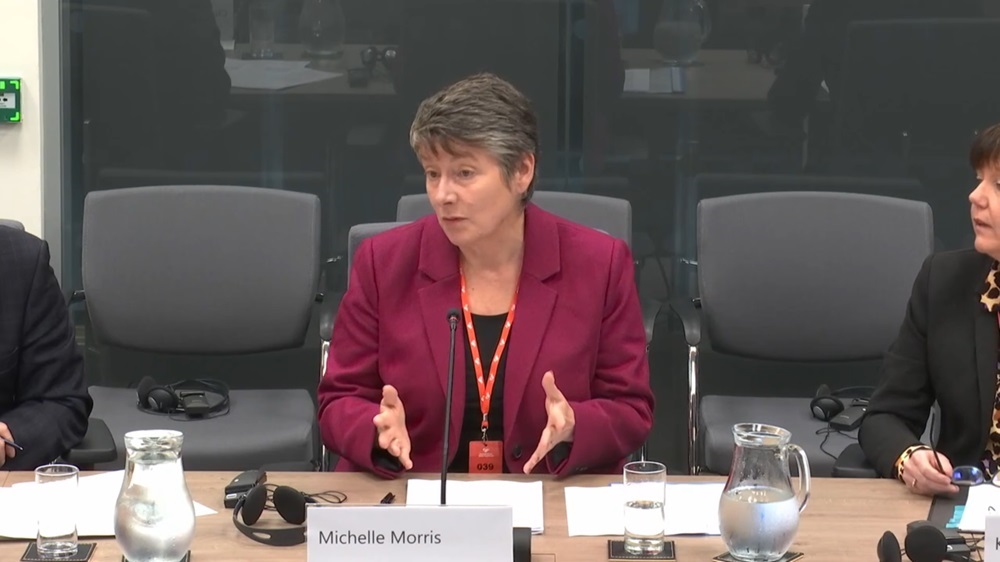Ombudsman reveals increase in number of council complaints across Wales

Lewis Smith, local democracy reporter
The number of enquiries and complaints referred to the Public Services Ombudsman for Wales about local authorities has increased by 17% this year.
The annual Ombudsman’s letter to councils for the 2023-24 financial year breaks down the number of complaints relating to alleged maladministration and service failure, as well as complaints linked to reported breaches of the code of conduct for councillors.
It is sent out to all local councils across Wales to provide an update on the work done by the office throughout the year, as well as sharing any “key
issues for local government” and highlighting issues and actions for each authority.
According to the latest letter there was a 17% increase in overall contacts to the Ombudsman compared to the previous year, with nearly 10,000 enquiries and complaints received.
Case-load
The figure also showed a substantial increase in the overall case-load faced by the service of 37% since 2019, with 16% more code of conduct complaints received than the previous year.
The report from the Ombudsman read: “My office has seen another increase in the number of people asking for our help – a 17% increase in overall contacts compared to the previous year, with nearly 10,000 enquiries and complaints received.”
The report showed that most complaints received throughout the year were about healthcare, making up 36 out of every 100 complaints, while around 18 out of every 100 complaints were about housing.
Old cases
It also added that 17 out of every 100 complaints were about how organisations had dealt with complaints, though it went on to say it was still on track to meet the target of dealing with all old cases by the end of March 2025.
The council with the highest number of complaints in the 2023-24 financial year was Cardiff with 149, while Merthyr Tydfil County Borough Council received the lowest number with 12.
Michelle Morris, the Public Services Ombudsman for Wales said: “I am pleased to see, that we have started to make good progress towards achieving the ambitious goals set out in the Strategic Plan.
“We saw a record increase in the number of people contacting us with complaints about public services and the behaviour of local councillors. We handled over 10,000 cases, closing more than we ever have done before and reduced the costs for each case and investigation.”
Support our Nation today
For the price of a cup of coffee a month you can help us create an independent, not-for-profit, national news service for the people of Wales, by the people of Wales.





Could there be something wrong with our model of civic administration perhaps…!
[email protected]
“Cardiff with 149, while Merthyr Tydfil County Borough Council received the lowest number with 12.”
It is not surprising, Cardiff had the highest and Merthyr the lowest, Merthyr is the smallest local authority in the UK, with about 44,000 residents, equivalent to a very small UK town.
Can anyone tell me why Wales still has 22 Local Authorities, so much duplication and waste?
My small area has two Councillors. Why? I have no idea who they are. Councils are so wasteful and I speak as someone who is married to someone that has worked for the council for decades and has seen it all. Including the councillor, clutching a whiskey bottle, sleeping by the side of the pool they were opening. Free of course.
That’s an easy one. There is actually very little real jobs in Wales. Hence the need to employee people in the public sector. Creating mystical employment figures.
Can we see full list please
Broken system!
My parents complained about a video online, where they believe they are victims of name-calling by a councillor only to discover the video was made by the same company who made “The code of councillor conduct’ training videos that the Ombudsman distributed to every council in Wales.
Ludicrous and unacceptable.
One of the key promises made in 1999 was the abolish of the majority of county councils. Twenty-five years later we in Wales are paying £500 per household more than comparable households in England? Why are the poorest in the UK paying the highest taxes?
Oof. Not a lot of analysis going on here, is there?
1. This isn’t data for ‘this year’ as stated in the piece. This would be from April 2023 to March 2024. Not a huge thing but something to point out regardless. A touch lazy.
2. These are cases/complaints/questions to the ombudsman, not UPHELD by the ombudsman. An indication that people are more aware of their choices or avenues to explore, perhaps?
3. Might be worth you stating what the Public Services Ombudsman actually has power to investigate and do. Equally. What they do NOT have power to do.